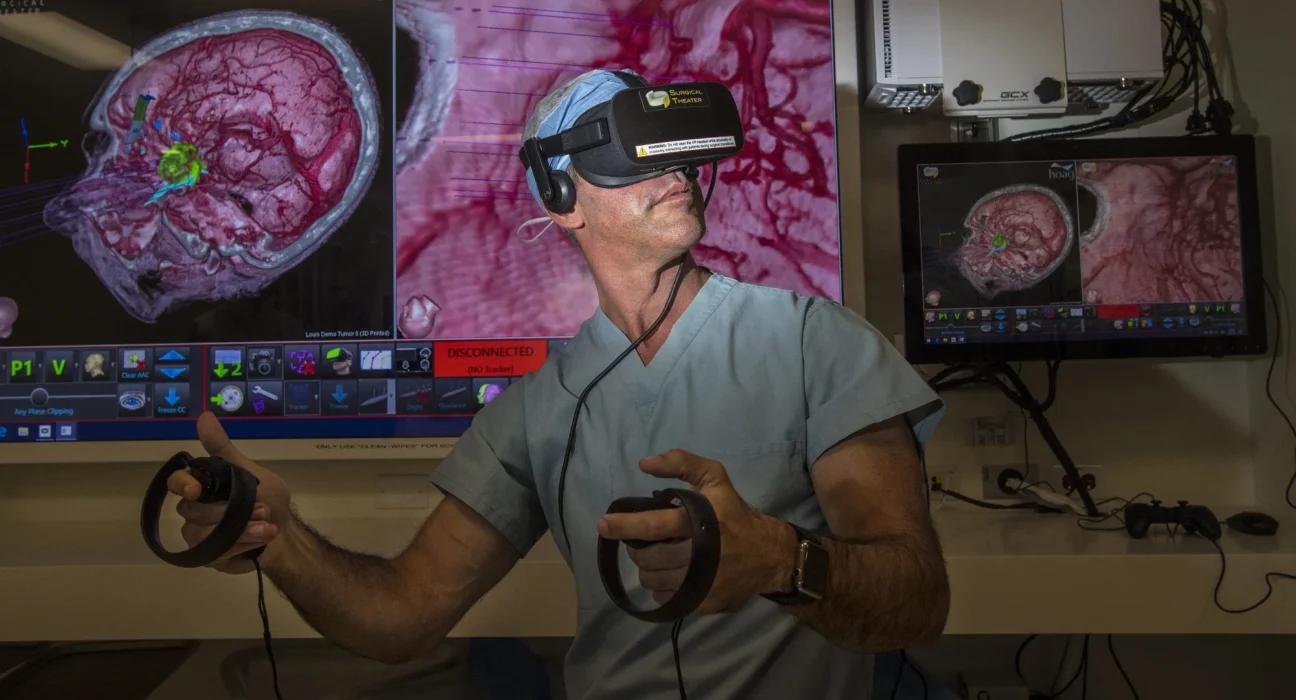Washington was abuzz with anticipation as House Republicans made a historic decision to pass President Trump’s groundbreaking tax bill. The vote, with a narrow margin of 218-214, saw two Republicans break ranks and join all Democrats in opposition. Despite the divided opinions, Trump’s unwavering support ensures the legislation is on its way to becoming law.
As pundits and politicians dissect the implications of this momentous decision, it’s crucial to understand how this tax bill could potentially reshape the healthcare landscape. The provisions buried within its pages have far-reaching consequences that touch the lives of every American.
Impact on Health Care
One of the key aspects driving debates around this tax bill is its significant impact on healthcare policies. By intertwining tax reforms with changes to healthcare regulations, lawmakers are navigating uncharted waters that could either revolutionize or disrupt the current system.
Expert Insights
Dr. Emily Carter, a leading healthcare economist, sheds light on the intricate relationship between tax cuts and healthcare outcomes. She explains, “The intersection of fiscal policy and healthcare legislation is complex. While tax cuts may stimulate economic growth, they can also strain public services like Medicaid.”
The Road Ahead
As the bill inches closer to enactment, stakeholders across various sectors are bracing themselves for potential upheavals. Hospitals are particularly attentive as changes in funding mechanisms could alter their financial stability.
In-Depth Analysis
Delving deeper into the text of the bill reveals nuanced details that often escape casual observers. Subsections outlining adjustments to Medicaid allocations or incentives for health insurance providers paint a vivid picture of how intricately woven these policies are.
Amidst the political jostling and ideological clashes in Washington, it’s essential not to lose sight of what truly matters – the impact on everyday Americans. Families grappling with medical bills or individuals reliant on Medicaid services find themselves at the mercy of these legislative maneuvers.
In conclusion, while headlines may trumpet victories or defeats in Congress chambers, it’s crucial for citizens to stay informed about how such decisions trickle down into their daily lives. The convergence of tax reform and healthcare legislation epitomizes government’s intricate dance between economics and social welfare – a delicate balance that defines our collective future.

